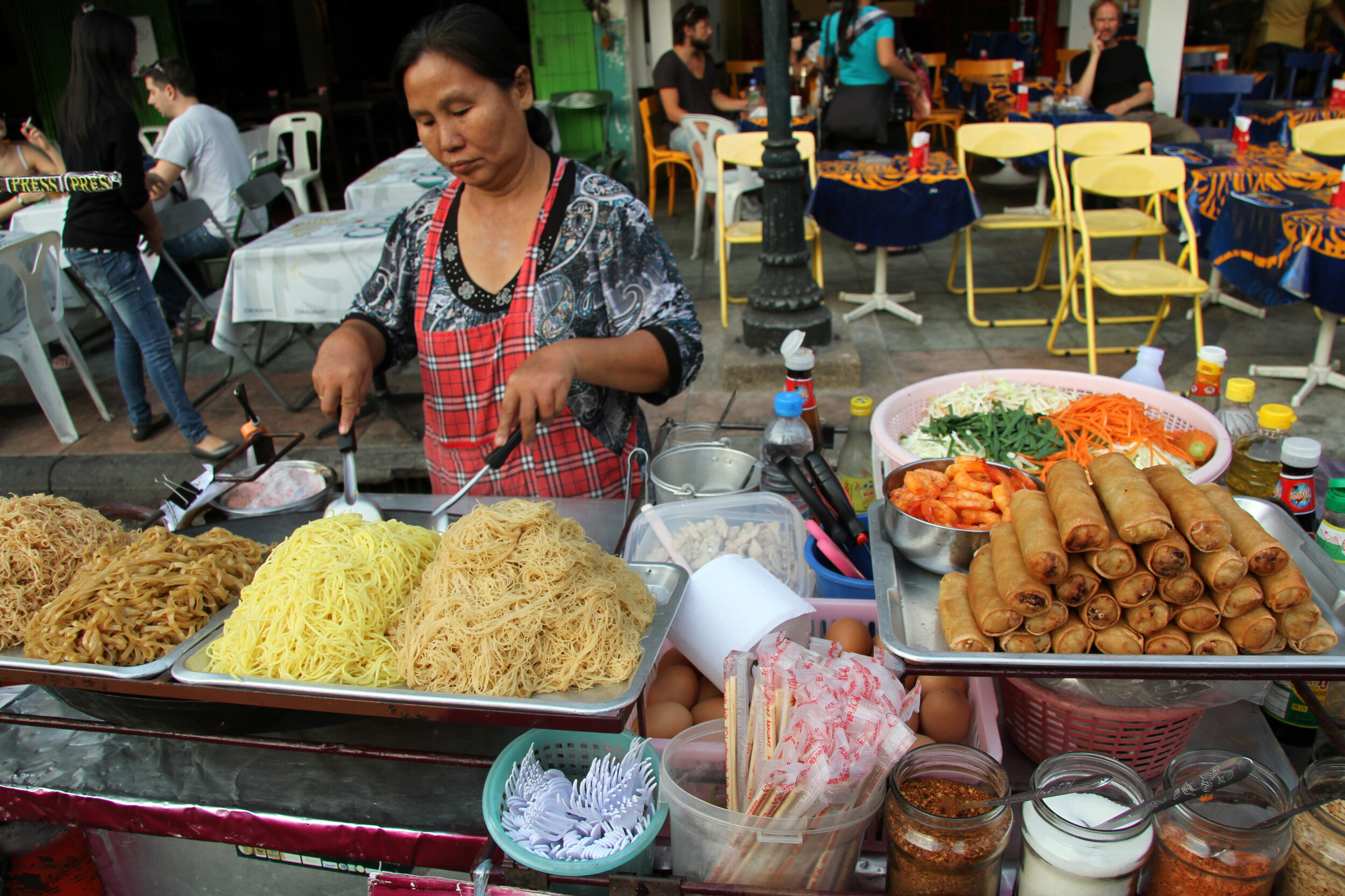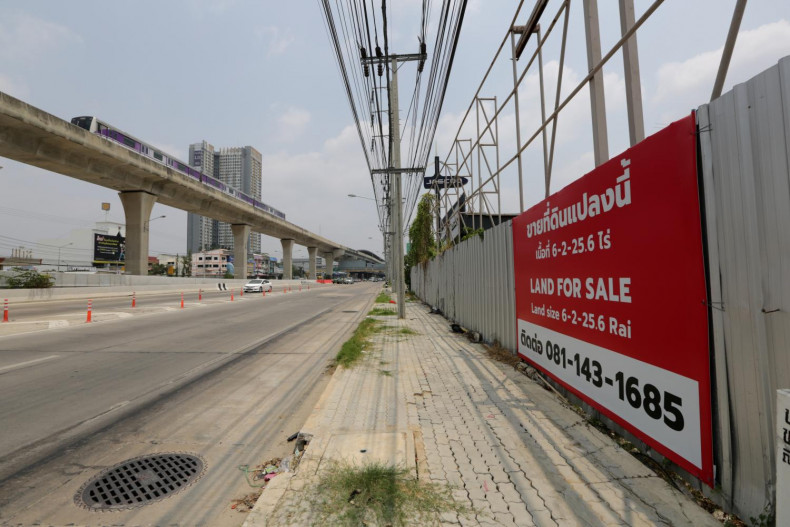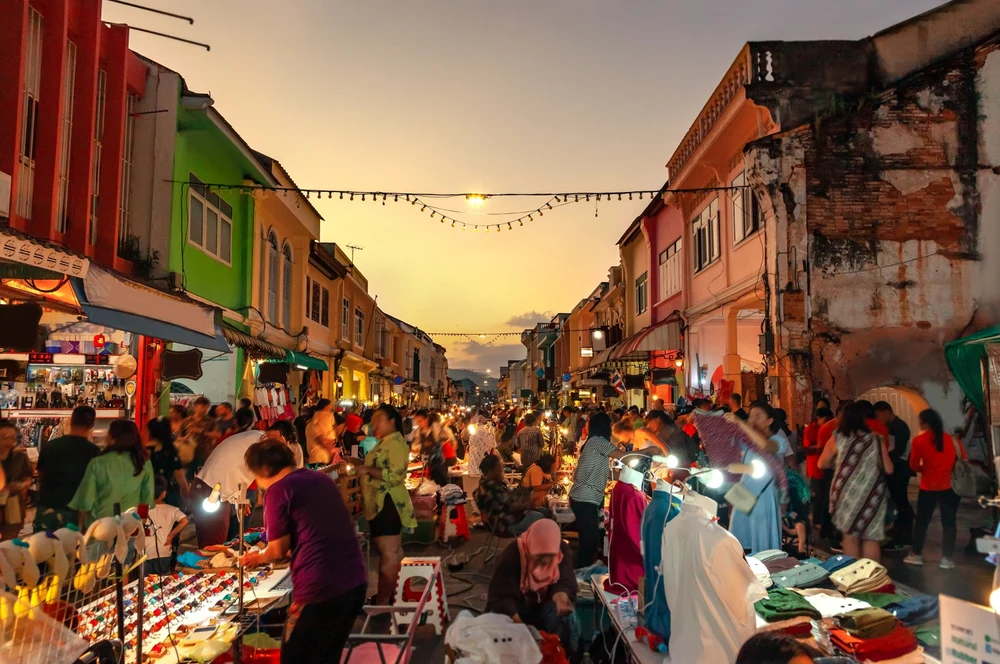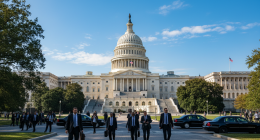Introduction to the Issue
Understanding the New Regulations
Bangkok has recently implemented new speed limits across the city, aiming to enhance road safety by reducing speeds. Most roads now have a maximum speed limit of 60 km/h, while areas around royal palaces like the Grand Palace are capped at 50 km/h, accompanied by a ban on horn honking. This initiative is part of a broader effort to decrease accidents and improve traffic discipline in one of the world’s most accident-prone cities.
Enforcement Challenges
Role of Technology and Public Perception
Despite these efforts, enforcement remains a significant challenge. The city awaits the installation of AI security cameras designed to monitor and enforce these new limits. Without effective enforcement tools, drivers may continue to disregard speed restrictions. Additionally, public perception varies; some residents welcome slower speeds for safety reasons, while others express frustration over reduced mobility due to inadequate public transportation options.
Impact on Traffic Culture
Balancing Safety with Mobility Needs
The shift towards lower speeds reflects Bangkok’s evolving approach to urban mobility. By aligning with global best practices for reducing accidents through lower speeds, Bangkok aims not only for safer streets but also seeks cultural changes in how residents interact with their environment. However, critics argue that without substantial improvements in public transport infrastructure, such measures might not achieve their full potential or be widely accepted by commuters who rely heavily on personal vehicles.
Future Directions and Solutions
Integrating Education and Infrastructure Development
To complement these regulations effectively, there is an emphasis on integrating road safety education into school curricula. Inspired by models like Japan’s comprehensive traffic education programs for children from early ages onwards, this approach could foster a culture where future drivers prioritize safety alongside driving skills. Moreover, addressing concerns about public transportation inadequacies will be crucial in making slower speed limits more acceptable and sustainable over time.









